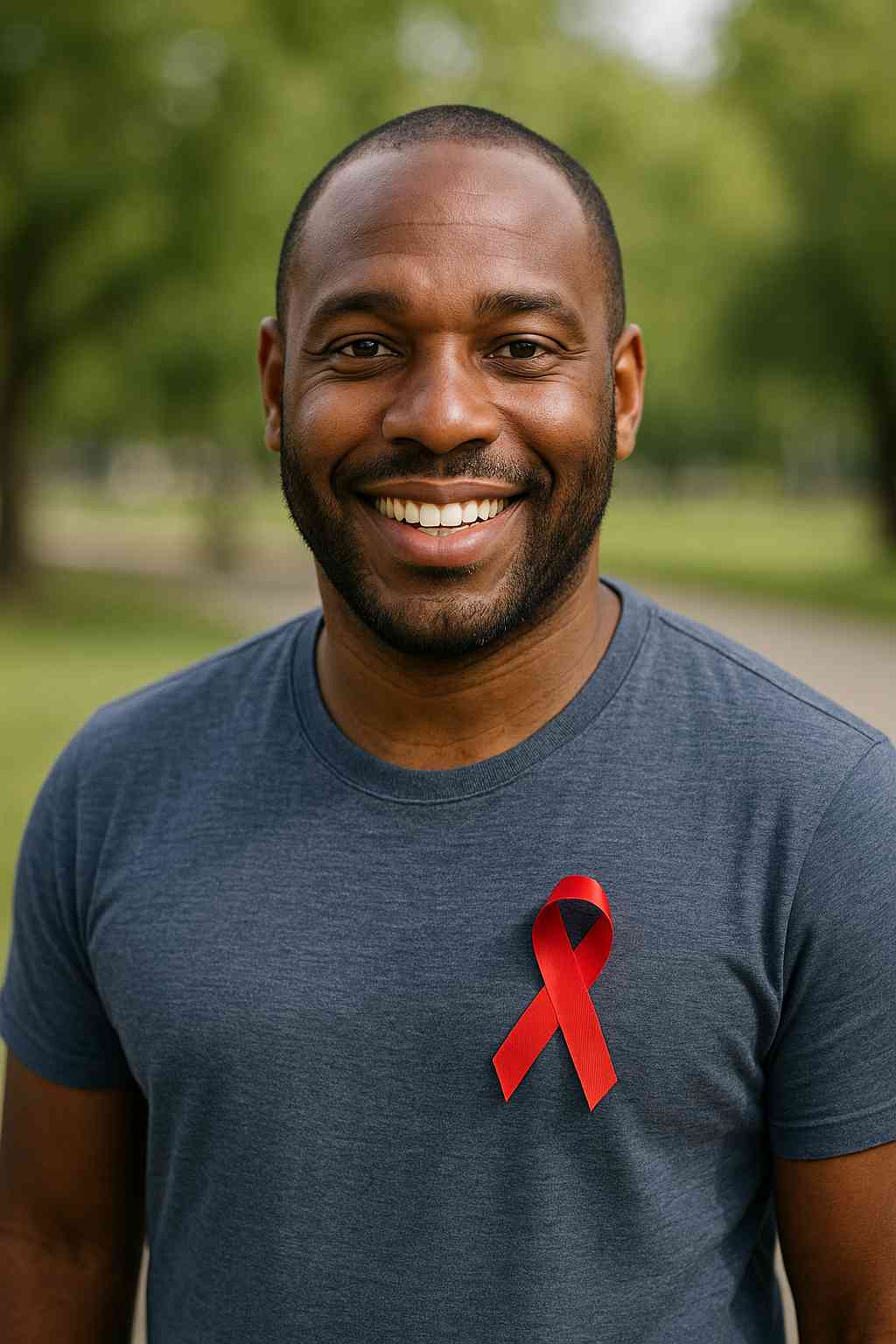Table of Contents
- Introduction
- Getting Into Treatment
- Embracing U=U & Safe Relationships
- Supporting Mental & Emotional Health
- Overcoming Stigma
- Building Your Support Network
- FAQs
Introduction
Living with HIV today is nothing like the early days of the epidemic. With effective antiretroviral therapy (ART), individuals now can live long, healthy lives. But optimal well-being goes beyond medication—it’s about mental health, community, and purpose.
Getting Into Treatment
Early treatment is key. Starting ART soon after diagnosis protects immune function and helps reach undetectable viral loads—meaning the virus can’t be sexually transmitted (U=U). Advances like one-pill regimens and long-acting injectables offer simplicity and flexibility.
Embracing U=U & Safe Relationships
U=U—undetectable equals untransmittable—has transformed HIV from a barrier to intimacy to a fact of empowerment. Knowing your status and sharing that knowledge allows for safe, informed disclosure. PrEP adds further protection in serodiscordant relationships.
Supporting Mental & Emotional Health
HIV’s impact isn’t only physical. Stress, trauma, and stigma often affect emotional health. WHO and UNAIDS recommend integrated mental health services alongside HIV care.
Tips to support mental well-being:
- Talk openly with healthcare providers and therapists
- Engage in mindfulness, exercise, and balanced nutrition
- Watch for signs of depression or anxiety and seek help early
Overcoming Stigma
HIV-related stigma remains a major barrier—both in health systems and society. Nearly one-third of countries report pervasive discrimination. This often leads to isolation, worsened mental health, and delays in care.
Combat stigma by:
- Sharing lived experiences and normalizing HIV
- Advocating for respectful treatment in healthcare and communities
- Supporting anti-stigma campaigns and legislation
Building Your Support Network
No one should navigate HIV alone. Local and online support groups provide peer understanding, encouragement, and practical insights.
Options include:
- Apps like myHIVteam and Positive Peers
- In-person or virtual community groups
- Peer mentoring programs and mental health workshops
FAQs
Q: Can I live a full, healthy life with HIV?
A: Absolutely. With early treatment, viral suppression, emotional support, and healthy living, people with HIV live long and thrive.
Q: What does undetectable mean—and why is it vital?
A: It means HIV level is so low it’s undetectable by standard tests. This prevents transmission and stabilizes health.
Q: How can I manage HIV-related stigma?
A: Share your story, support others, and advocate for change. Reducing stigma helps everyone access care and services.
Q: What mental health supports are available?
A: Many clinics integrate mental health care; there are hotlines, counseling, peer groups, and lifestyle programs to support your emotional well-being.
Disclaimer: This article was written with the assistance of AI. We strive for accuracy, but please consult healthcare professionals for personalized advice.




